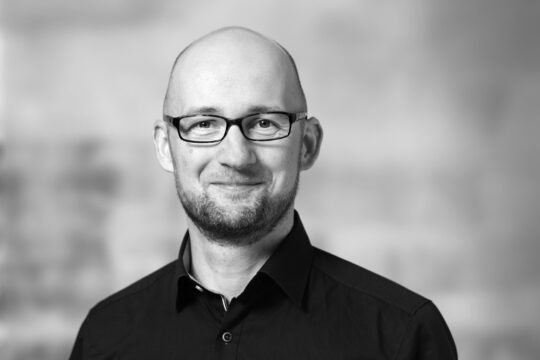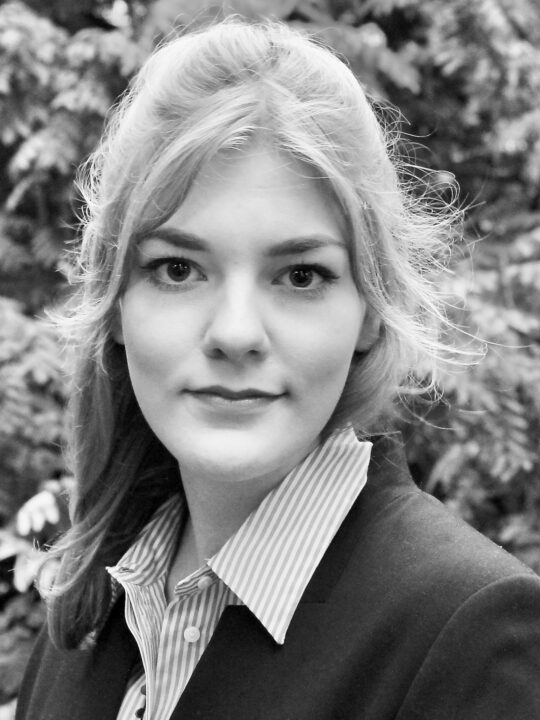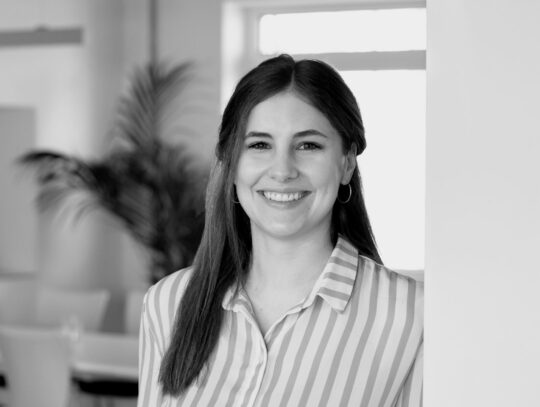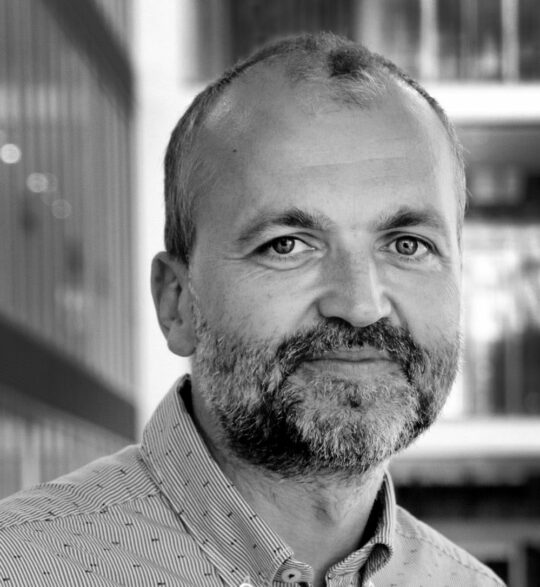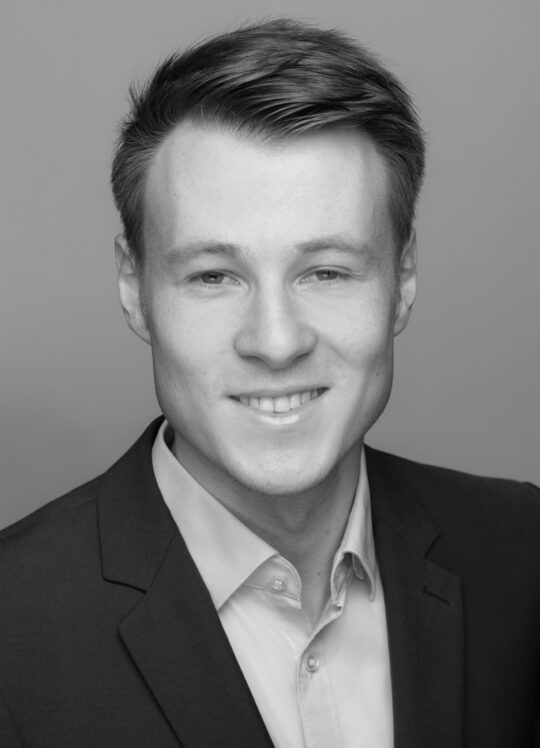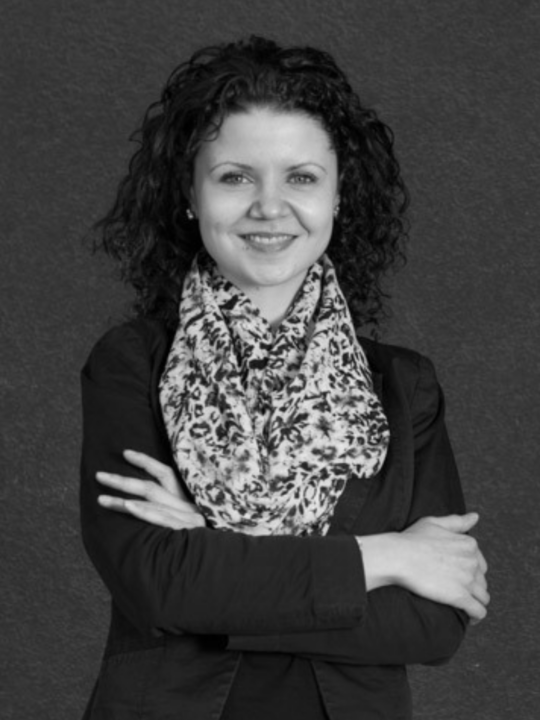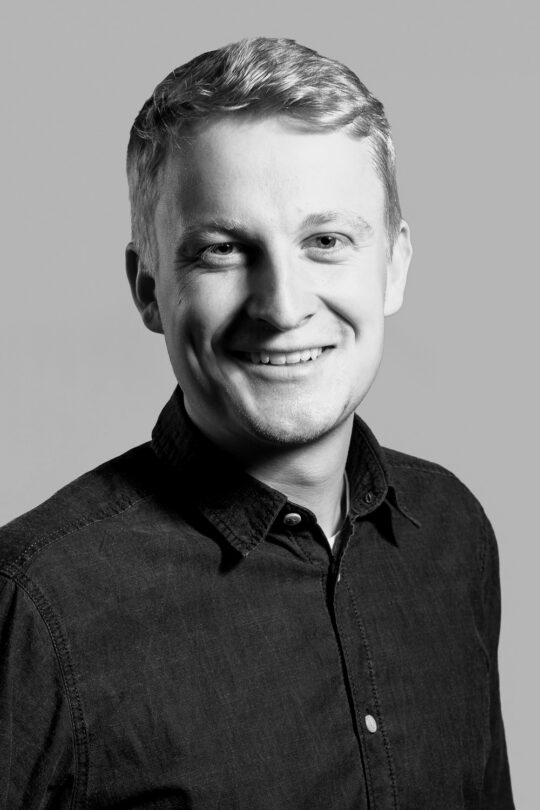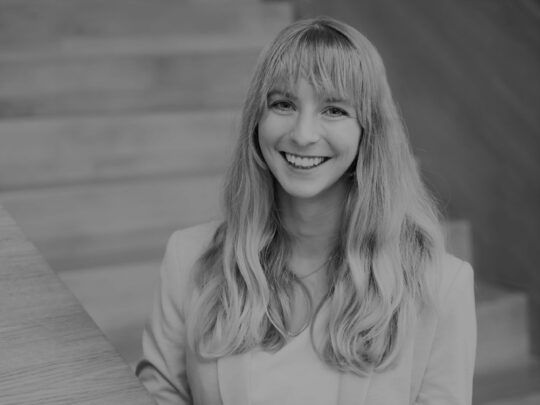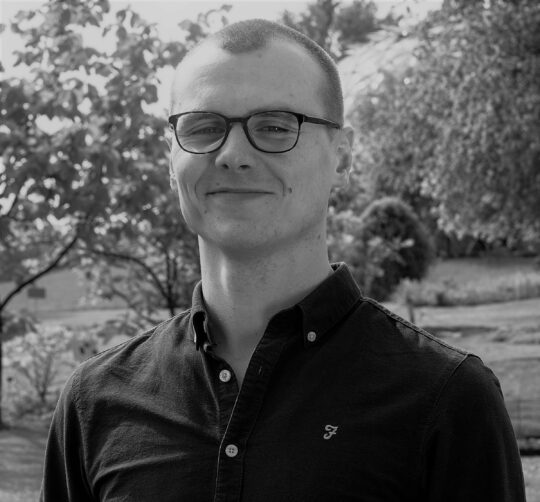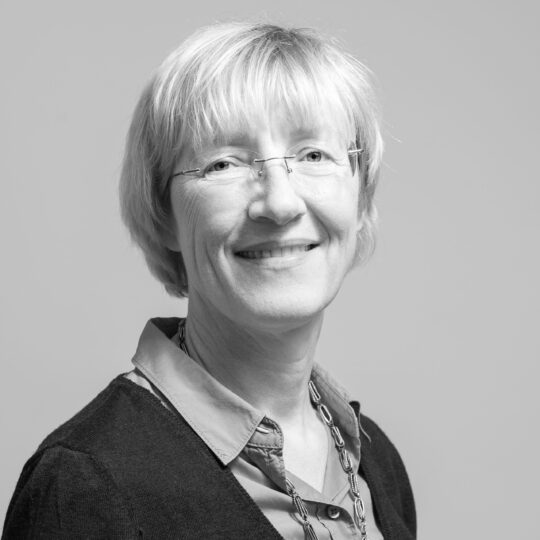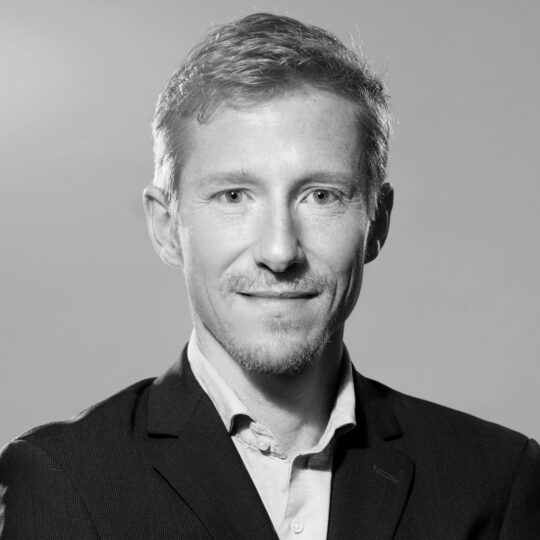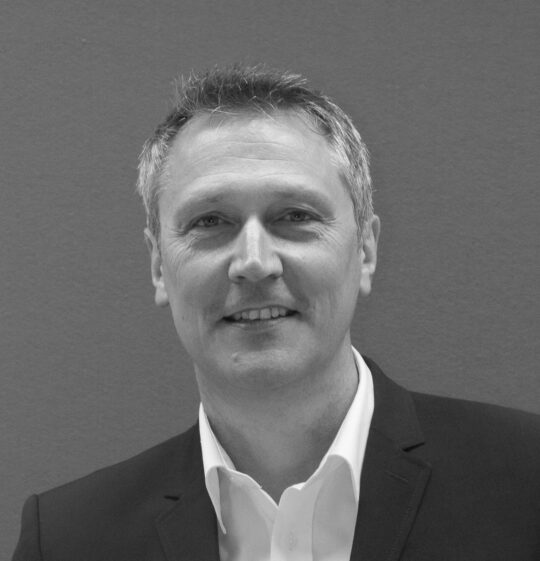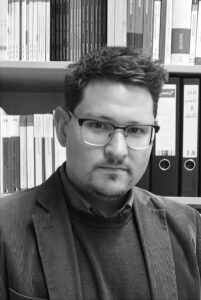Thomas is Professor of Political Communication and holds the Chair of Communication and Media Studies IV at the Institute of Social Sciences at Heinrich Heine University Düsseldorf with a focus on “Democratic Will Formation in the Digital Society”.
In the research field of political communication, his focus is on the processing and impact of media-mediated diversity, persuasive political communication, and the perception of political opinion.


